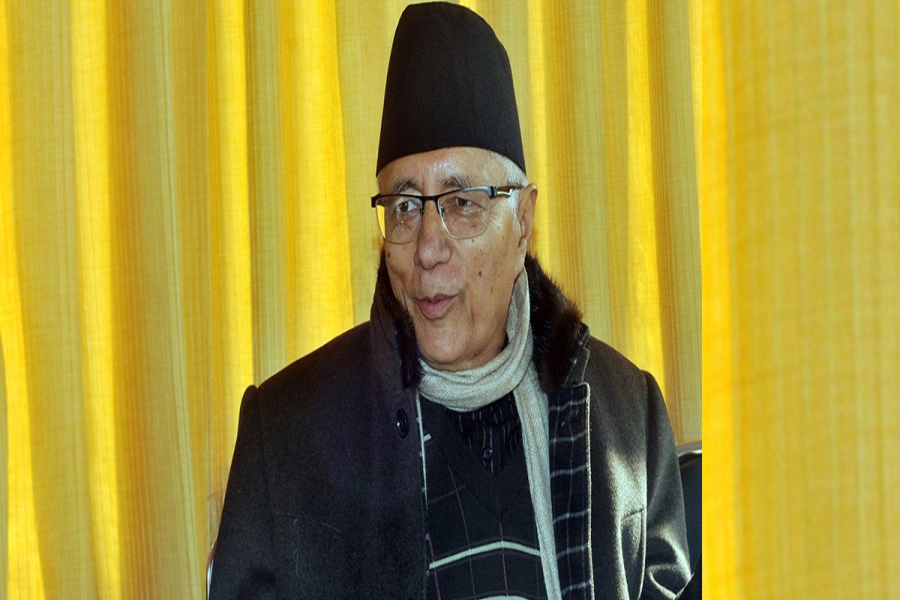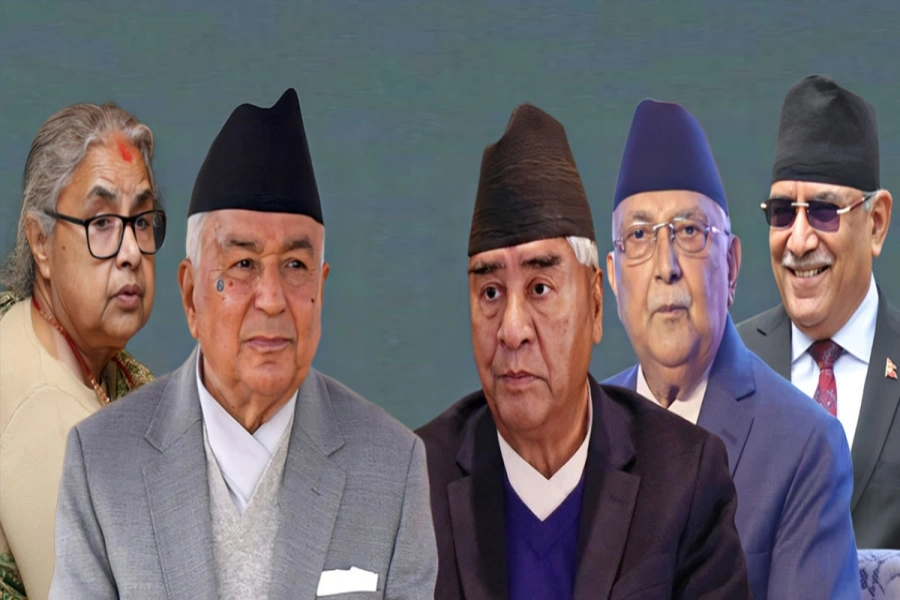KATHMANDU, March 31: A private sector telecommunication service provider, Ncell, which should supposedly come under the government’s ownership after 2029 as per the existing laws, will not come under the ownership of the government as manipulations are being made in the draft bill being introduced to bring amendment to the existing Telecommunication Act, 1997.
The government will be barred from taking the ownership of Ncell by some of the controversial provisions being introduced in the Section 24 of the draft bill to amend the Telecommunications Act, 1997. Due to the financial manipulation of the private sector telecommunication service provider in the draft bill, the Government of Nepal is set to lose the ownership of the company.
The draft bill to amend the Telecommunications Act has made it easier for Ncell to sell the company to another organization before handing over the ownership to the Government of Nepal in 2029. The 25-year license period of Ncell, which was granted a license on September 1, 2004, will expire in September 2029.
According to the existing Telecommunication Act 2053, Ncell would come under the ownership of the Government of Nepal after the expiry of the license period. But the new Act is being introduced to prevent the telecom company from coming under government ownership.
Ncell preparing to extend service period by acquiring Smart Tel...

Sources claimed that this Bill has been drafted to deny the ownership of Ncell to the government and auction another telecom company named Smart Telecom. For this purpose, the new Bill has proposed to amend and integrate the current telecommunications laws, according to sources familiar with the development.
Smart Telecom has to pay around Rs 30 billion to the state but a new method is being devised to pay only a small amount to the government in the name of auctioning the company. Sources said that a recommendation committee has already been formed to expedite the process.
"The move to propose an auction process for Smart Telecom and introduce a new Telecom bill with controversial provisions is aimed at preventing the government from receiving ownership of Ncell after its license expires,” said a source at the Ministry of Communication and Information Technology.
Currently there are three licensed telecom service provider companies in Nepal. While Nepal Telecom is owned by the government, Smart Telecom and Ncell are owned by the private sector. Of the two private sector companies, an auction process is being initiated after the Smart Telecom collapsed.
Similarly, a controversial provision has been included in the draft Bill so that Ncell does not have to hand over its ownership to the government. In the draft bill being forwarded to the cabinet for its approval, the current 25-year license period has been canceled, and the provision of telecommunication service license will remain until renewal. "According to this arrangement, if it is renewed in 2029, the same company will be able to operate the telecom," said the source.
An official at the Ministry of Communication and Information Technology (MoCIT) said that Sub-section 3 of Section 24 of the draft Bill is set to deny the government from taking the ownership of the Ncell after its 25-year license expires. “A person who has obtained a basic telephone service license issued before the commencement of this Act shall be deemed to have obtained an integrated license in accordance with this Act. It is clear from clause 3 of Article 24 of the draft that Ncell will not come under the ownership of the Government of Nepal,” said the official, asking not to be named.
Officials also said that the current government is going to deprive the Nepal government of ownership of Ncell in 25 years by bringing the controversial draft. "Just as Nepal Telecom established itself as the people's communication by giving shares to the people, the same situation was going to happen in Ncell after 6 years. But there is a strategy to change the ownership causing billions of rupees loss to the state before that could happen," said a senior official of the Ministry of Communication.
According to him, Ncell-Smart telecommunications service provider organizations have also been greatly facilitated in registration and renewal. After proposing to reduce the license fee of mobile service (basic telecommunication service) worth Rs 357.5 million rupees and maintain it at Rs 10 million, heavy reduction has been proposed. The draft has also modified the existing provision of paying Rs 20 billion 130 million 2750 thousand for renovation.
Instead of the said arrangement, for the first five years from the date of obtaining the permit, Rs 10 million or 10 percent of the total income earned in that year, whichever is higher, is proposed to be paid in the form of a tax.
Similarly, it is mentioned that for five to 10 years after obtaining the permit, every year Rs 250 million or 10 percent of the total income earned in that year, whichever is higher, should be paid. Likewise, it is proposed to pay Rs 2 billion every year or 10 percent of the total income earned in that year, whichever is higher, after 10 years of obtaining the permit.
If the provision proposed in the Bill is implemented as an Act, the existing burdensome provision for renewal of telecommunication service providers will be removed. Even though there is no significant difference for the license renewal fee for Nepal Telecom and Ncell, which are earning around Rs 40 billion annually, the government is going to prepare a draft and send it to the cabinet. This will put the state at a loss of Rs 340 million from the license application fee alone.


_20230331074225.jpg)




































